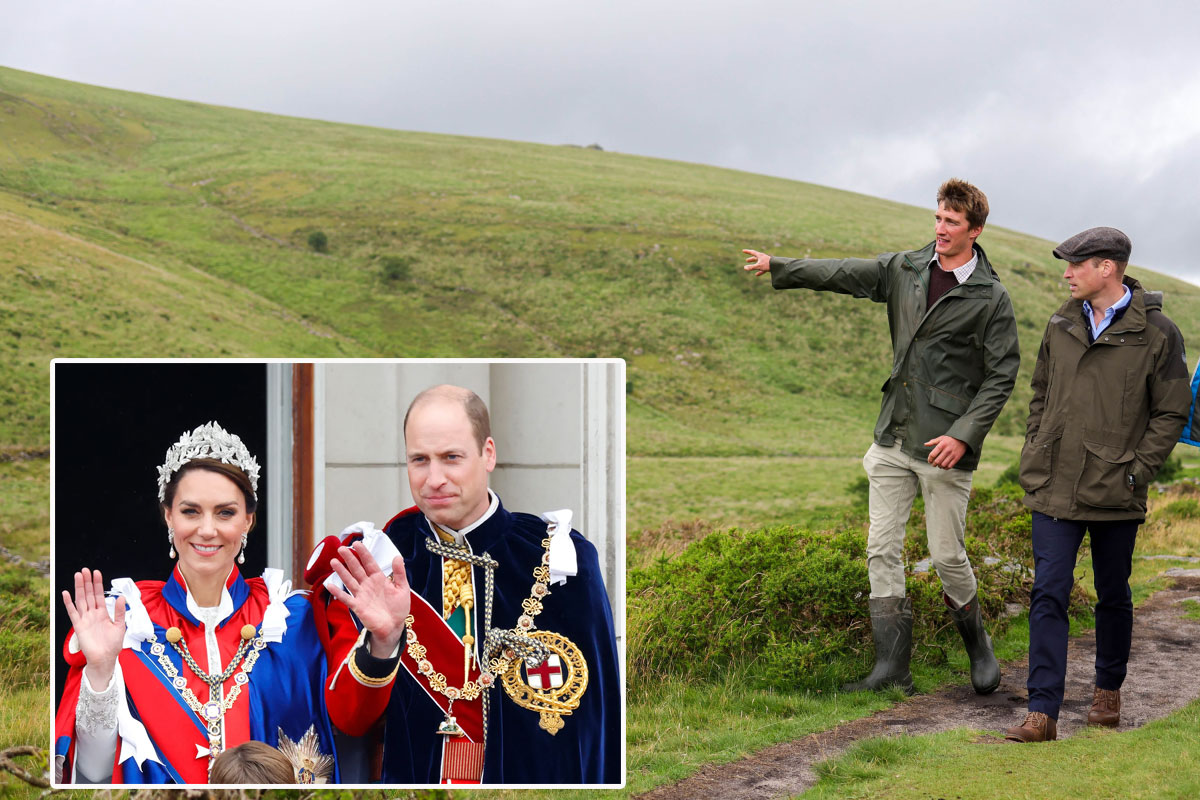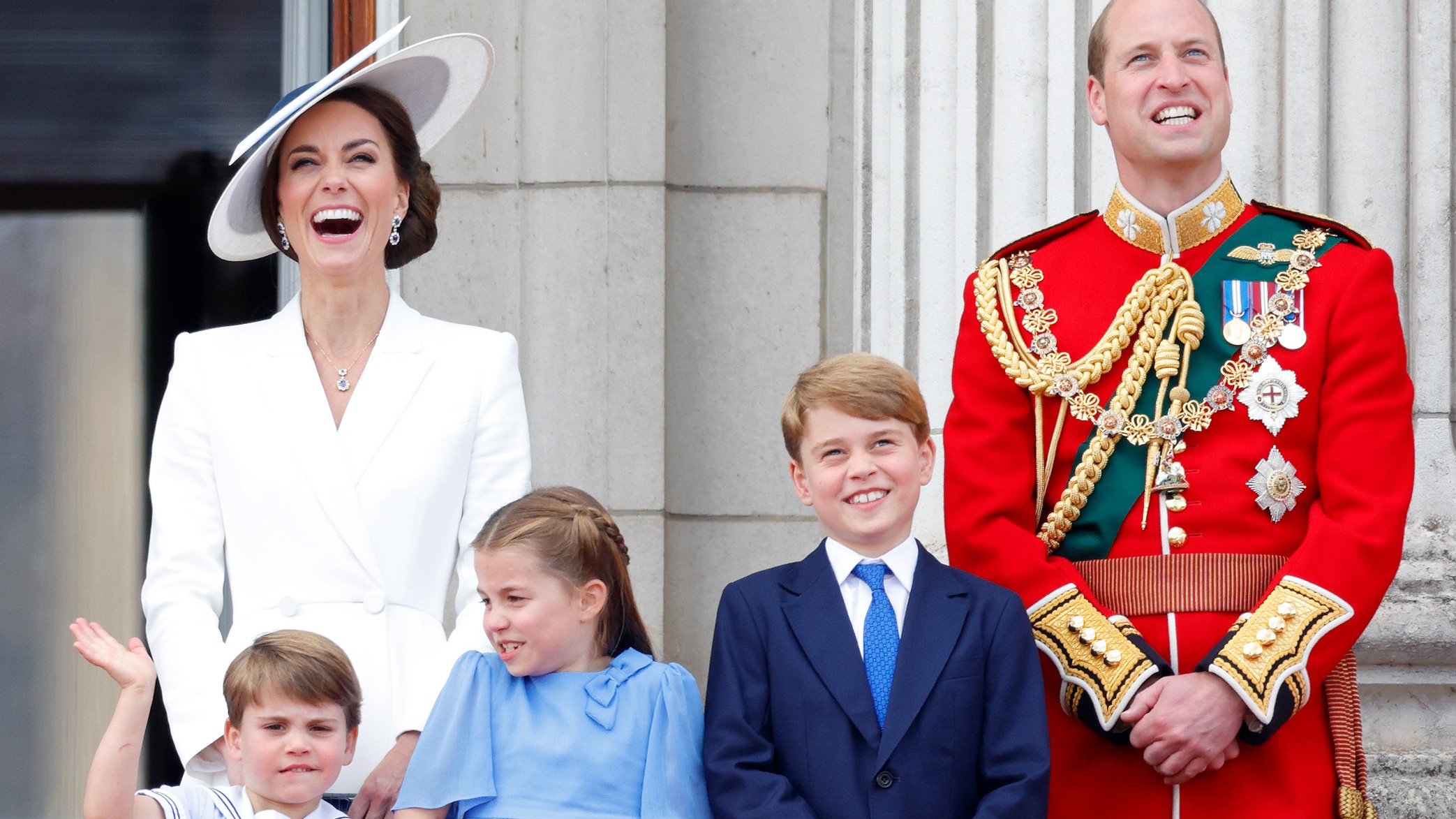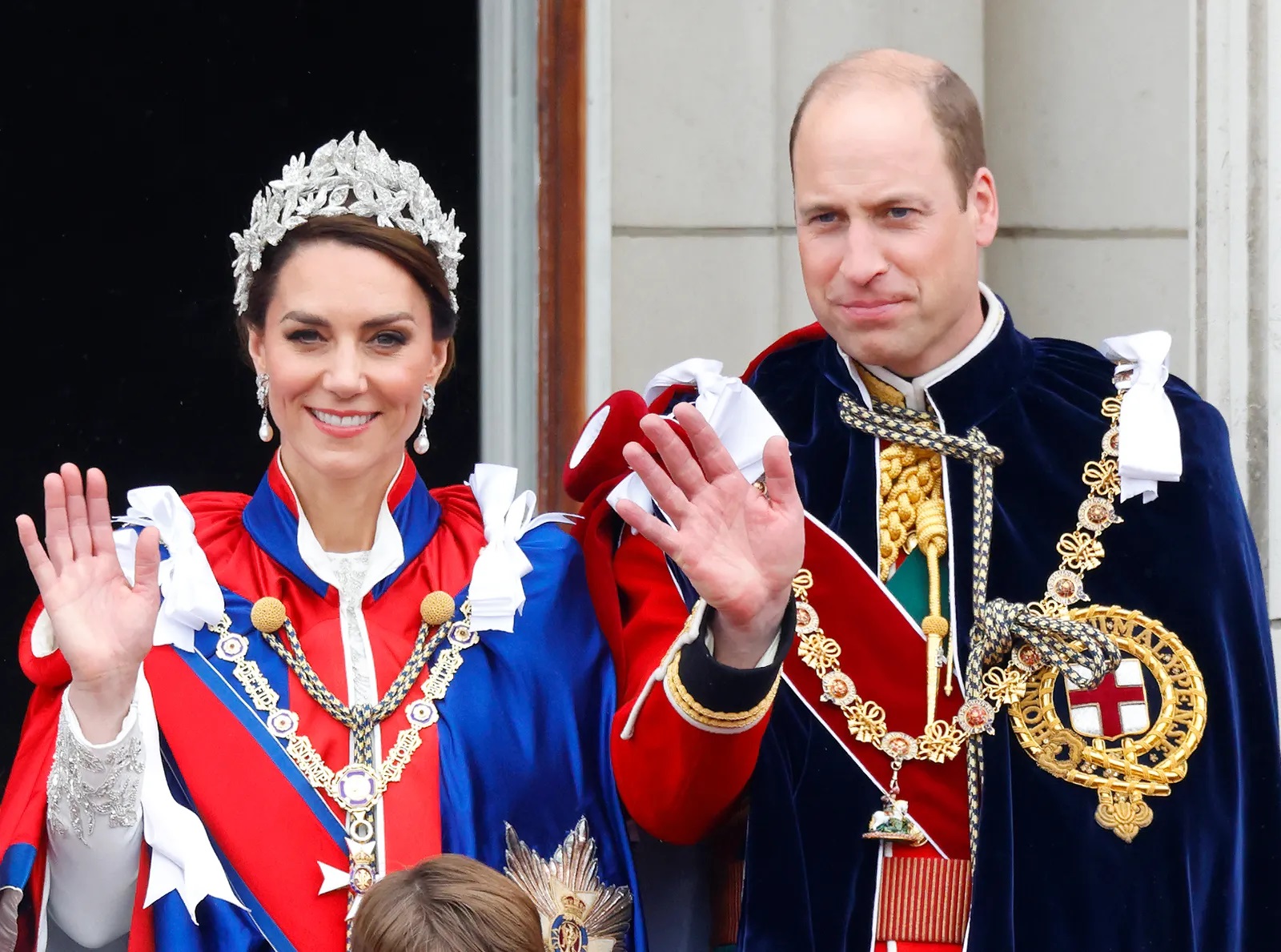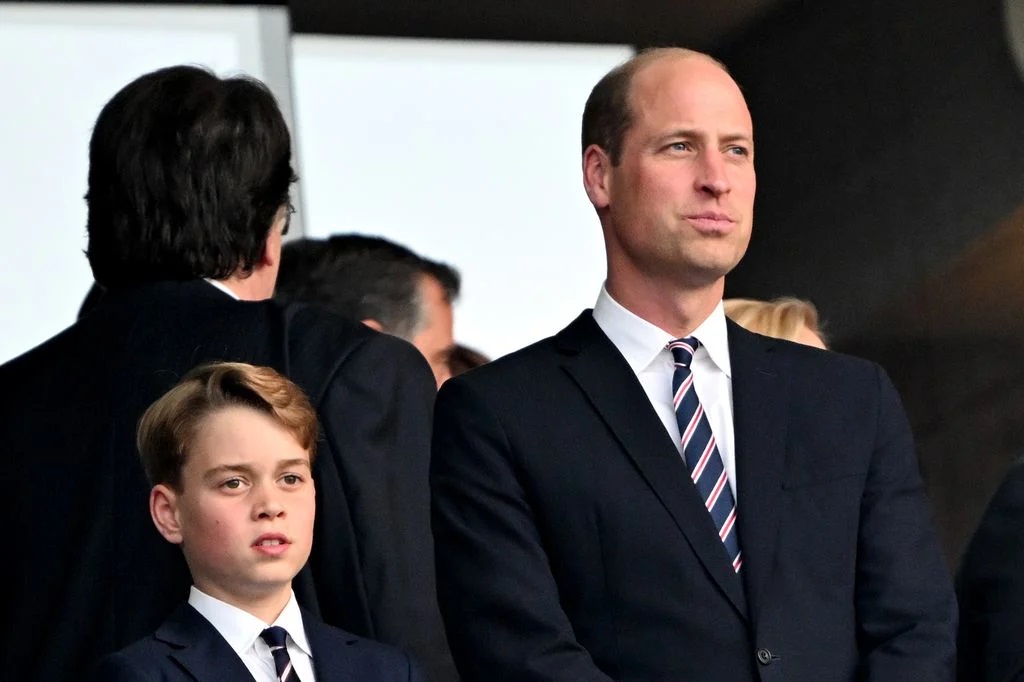
A $30 million bonanza awaits
Prince William and Princess Kate have recently received a significant financial boost, collecting a $30 million payday as they gained access to their first full year’s income from the Duchy of Cornwall estate. This substantial sum marks a new chapter in their financial journey, as William took on the title of Duke of Cornwall following his father’s accession to the throne in 2022. While this windfall promises to support their royal duties and personal life, it has also reignited debates over the role of inherited wealth and public accountability in Britain’s royal family.

A New Financial Era for the Duke and Duchess of Cornwall
When King Charles III ascended to the throne in 2022, his eldest son, Prince William, inherited the title of Duke of Cornwall, along with the associated financial benefits. The Duchy of Cornwall, established in 1337, provides the heir to the throne with a private income sourced from its extensive land holdings and investments. According to the Duchy’s newly published annual report, the estate generated a surplus profit of £23.6 million ($30.4 million) this year, despite a slight decrease of £400,000 ($516,485) from the previous year. However, this is the first time William and Kate have received the full amount of the surplus, having previously received a prorated sum of £5.9 million ($7.6 million) during the 2022/2023 financial year, as William assumed control partway through the term.
The Duchy of Cornwall boasts over $1 billion in property holdings across 52,250 hectares (slightly over 129,112 acres) and over $100 million in financial assets. The estate’s surplus income supports the official, charitable, and private lives of Prince William, Princess Kate, and their children. Importantly, like his father, William pays income tax on the funds received from the Duchy at the standard U.K. rate, following the deduction of official costs.

Public Scrutiny and Debate
The finances of the Duchy of Cornwall are a perennial topic of discussion in Britain, especially when its annual review is published. Although the estate’s profits are not considered public money, the inherited nature of its wealth, along with the historical acquisition of land and property, is often debated. Critics argue that the vast income generated by the estate should be subject to greater scrutiny.
Graham Smith, CEO of Republic, Britain’s leading anti-monarchist organization, has been vocal in his criticism. He argues that the substantial income William receives is not justified by his level of work. “William likes to claim he works hard, adding one issue after another to his list of missions. First, he’ll tackle Middle East peace, then the environment, and now homelessness. The truth is he barely works at all,” Smith stated. “It takes a deep sense of entitlement and a complete lack of serious scrutiny for William, Kate, and the others to rake in multimillion-pound fortunes, to enjoy the status and privileges of their positions while doing so little.”

Challenges and Reduced Public Engagement
The year 2024 has brought personal challenges for the royal couple, leading to a noticeable reduction in their public engagements. Princess Kate has faced health issues that were publicly announced in March, resulting in canceled high-profile events and overseas visits. Kate is undergoing preventive chemotherapy treatment, and William has taken time to support his family during this period.
Despite these challenges, Kate has expressed her hope to resume public appearances over the summer. She made her first appearance at a public event on June 15, followed by her attendance at the Wimbledon Tennis Championship’s men’s singles final on July 14. As the Prince resumed his schedule of commitments, the couple’s reduced workload has drawn criticism from anti-monarchists who question the justification for the substantial Duchy income.
The Duchy’s Social Initiatives

Beyond its role as a property holding and investment organization, the Duchy of Cornwall also engages in several social initiatives aimed at supporting tenants and rural communities in Britain. These initiatives include environmental stewardship investments, mental health programs, and various community development projects. The Duchy’s commitment to social responsibility is a significant aspect of its operation, yet it remains overshadowed by the ongoing debates surrounding the royal family’s financial privileges.
As Prince William and Princess Kate navigate their roles as the Duke and Duchess of Cornwall, the substantial income they receive from the Duchy estate continues to be a point of contention. While the funds undoubtedly support their royal duties and charitable endeavors, questions about accountability and the use of inherited wealth persist. As the couple balances personal challenges with public expectations, the debate over the role and responsibilities of the modern monarchy remains a prominent issue in British society.